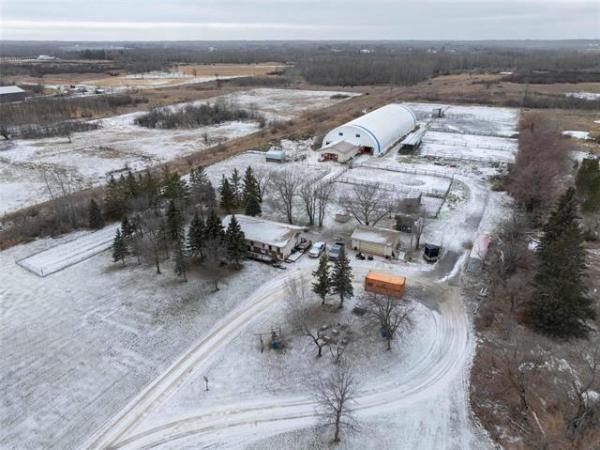NOTHING says winter more for me than sitting by a roaring fire with my dog, Charlie. I have the urge to stay indoors and hibernate when winter rolls around -- it's the Canadian bear in me. And I know I'm not alone on this one.
Winter hibernation doesn't mean we should just curl up and sleep when the temperatures start to really drop. Most of us will want to stay inside and avoid working outside as much as possible -- even us contractors. But there are small things homeowners could be doing that will help maintain the home over the coming months. And it's these small things that help prevent bigger, more expensive problems down the road.
One key element in your home's safety and your family's health is the indoor air quality. Ask yourself: When was the last time you checked the furnace filter? Is snow covering the exhaust vents? Is the attic properly ventilated? Is there condensation forming on the windows? These are all questions related to a much larger system of your home -- its air circulation and ventilation.
A lot of people don't realize it, but a home's ventilation plays a huge role in its durability. Think of the HVAC system as your home's lungs -- clean, efficient airflow is essential to maintaining its health.
Proper airflow can help prevent mould, which causes extensive damage in a short amount of time. But even more important is the role ventilation plays in your family's health. When most of our day is spent indoors, air quality becomes an even more important issue for the people living in the home.
During the colder months, many of us are putting our HVAC systems to the test. But before we start demanding more from our furnaces, we need to know they're up to the task. Before you start to rely heavily on your furnace, make sure it's in optimum condition. Have it serviced by a licensed technician. Then keep it in good shape by cleaning or replacing the furnace air filters -- not just once, either, but each month of the cold season, when we need the heat the most.
The air vents throughout the entire house should also be clear of any obstructions, such as furniture or carpets, allowing for proper ventilation and for the heat to reach all areas of the house. That means both the hot-air supply registers and the cold-air return grilles. If these vents are blocked, you could be suffocating the HVAC system. Also, make sure to clean or vacuum the vents and fan grilles throughout the entire house, including bathrooms, hallways and the basement. It's a minor job, but it has major benefits.
For one, cleaning the vents keeps the air moving cyclically throughout the entire home, preventing any moisture buildup, which we know is a home's worst enemy. Two, it allows the furnace to do its job more efficiently and easily, increasing its longevity and decreasing energy costs. And three, it decreases the amount of dust and other airborne particles in the air we breathe. This is especially crucial when there are small children or elderly people in the home.
The vents outdoors need to be clear, as well. It doesn't take very long to go around the perimeter of a home and examine it to ensure there isn't any snow or ice blocking gas-appliance vents and exhaust vents. No matter how bad the weather outside, this is something you can do in just a few minutes, and it can literally save your life.
Our homes are always giving us clues that tell us if there are any problems we should fix. One of these clues is condensation on windows. Condensation tells us there's too much humidity in the home and not enough ventilation. Too much humidity causes damage to the house and its contents over time, and a number of health problems for its occupants, such as existing allergies.
Before you go ahead and bring in an HVAC contractor, you should first make sure your home's dehumidifier is turned on. While in the summer, a home's dehumidifier should be set to 50 RH, in the winter, it needs to be adjusted to about 30 RH.
The flip side to too much humidity in a home is not enough. The winter air is really dry, which can be uncomfortable for a lot of people. I use a humidifier, and if you're using one, too, you need to remember to clean it at least two or three times during the winter season.
Maintaining a home's ventilation and air circulation is important year round, but even more so in winter when we spend more time inside and seal off fresh outside air. So before you settle in for the long, cold months ahead, make sure your home can breathe. You'll feel better, too.
-- Postmedia News
Catch Mike in his new series, Holmes Inspection, airing Thursdays at 8 p.m. ET/PT on HGTV. For more information, visit www.hgtv.ca For more information on home renovations, visit
makeitright.ca



